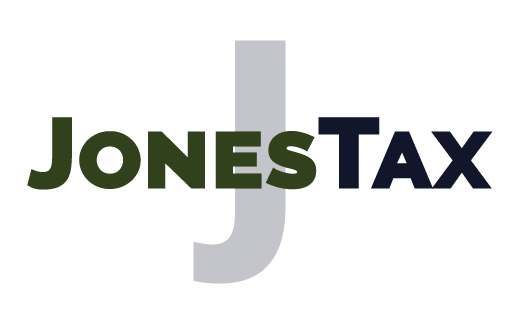The novel coronavirus (COVID-19) pandemic has adversely affected many people and businesses. The government has been working to ease the financial impact of the pandemic through various relief and stimulus plans. Many of which have created opportunities to reduce personal and business taxes for the coming years.
Many of these policies and programs are still changing as the kinks are being worked out and the full economic effects of the pandemic are coming into view. But a little proactive tax planning now could help you take full advantage of these opportunities when it comes time to file taxes next year.
Here are some ideas to consider that may help you save money and lessen your tax liability for 2020.
Investment Losses
As we watch the value of our stocks tank, there is a small silver lining. If you lose money on a capital investment, you can use that loss to offset your capital gains and lessen your tax liability. You’ll have to sell the stock at a loss. Once your loss is realized, you can use it offset any realized capital gains and any additional capital losses. Up to $3,000 can be used to offset your taxable income. You will need to keep records of the sales, trades, and holdings in order to properly report your losses.
Track Medical Expenses
Another easy way to reduce tax liability is through the medical deduction. Pandemic or not, it is important to keep records of any medical expenses to do this. Don’t forget that insurance premiums through the Healthcare marketplace, COBRA and other individual insurance options are included in the medical deduction, as well as mileage traveled to doctor’s appointments.
Work from Home
A new opportunity to lower your tax bill with the stay home orders could be working from home offices. The conditions are strict, a home office needs to be a separate area from the rest of your residence that is only used for work, but if met, could significantly lower next year’s taxes. Make sure to track days worked from home along with any work-related expenses. If you end up working from home for an extended period of time, you may be eligible to deduct a portion of your mortgage interest, property taxes, homeowner’s insurance and utilities.
Make an IRA Contribution
Contributions to traditional individual retirement accounts (IRAs) are tax-deductible. If you haven’t yet filed your 2019 taxes, thanks to the extension, you have until July 15 to make a contribution to your IRA to reduce last year’s tax liability. But you don’t have to wait until the end of tax season to contribute. You can make a contribution now that you could use as a deduction when you file your 2020 taxes next year. Generally, the full amount can be deducted if you and your spouse, if filling jointly, aren’t covered by a work retirement plan. If you or your spouse are covered, the amount may be limited base on your adjusted gross income.
Additionally, eligible taxpayers are currently able to withdraw up to $100,000 in coronavirus-related distributions from their retirement plans without being subject to 10% additional tax for early distributions. You can read up on the coronavirus-related relief for retirement plans and IRAs here.
Make a Charitable Contribution
The Coronavirus Aid, Relief, and Economic Security (CARES) act has provided an added incentive for charitable contributions by creating an above-the-line charitable deduction for 2020. This means you can claim up to $300 in cash contributions to charity as a deduction on your 2020 taxes without itemizing. The act modifies other limitations on charitable contributions for 2020 as well, increasing food contribution limits to 25 percent, AGI for individuals to 100 percent and taxable income for corporations to 25 percent.
Tax Your Unemployment
If you are one of the many workers receiving unemployment benefits at this time, remember that your benefit payments, both state unemployment and the additional $600 per week in coronavirus relief, will be taxed. So even if you have experienced a drop in total income, you may end up with tax bill next year. There are a few things you can do to prepare for this. The first is to have taxes withheld when you apply. If you’re already receiving benefits, you can adjust your withholding by filling out an IRS Form W-4V, Voluntary Withholding Request. Otherwise, if possible, you should save part of each unemployment benefit payment to prepare for that potential tax bill next year. We understand that many need that cash now, and if you need that money to put food on the table, by all means, don’t feel guilty about not saving any for taxes. That can always be worked out when you are more financially able.
Keep Records
There are several potential changes already waiting in the wings including delaying payment of employer payroll taxes, changes regarding businesses operating at a net loss, increases to the amount of interest expense businesses may be deducted, employee retention tax credits, and payment deferrals on existing loan programs. We can only guess at what’s to come if this continues. The most important thing you can do now, is to keep good records. Track your expenses, your contributions, your losses, and try your best to keep up to date on the changes as they happen.
We understand how overwhelming and confusing taxes can be normally. This year is unprecedented. If you’re feeling overwhelmed, scheduling a tax consultation is a good place to start. In a private and confidential consultation, we can answer your questions, explain your options, and guide you to the next step. Contact Tyler Jones today at 320-327-8409 or online for a free tax consultation.
Information contained in this blog is not to be taken as legal, financial, accounting or tax advice.

